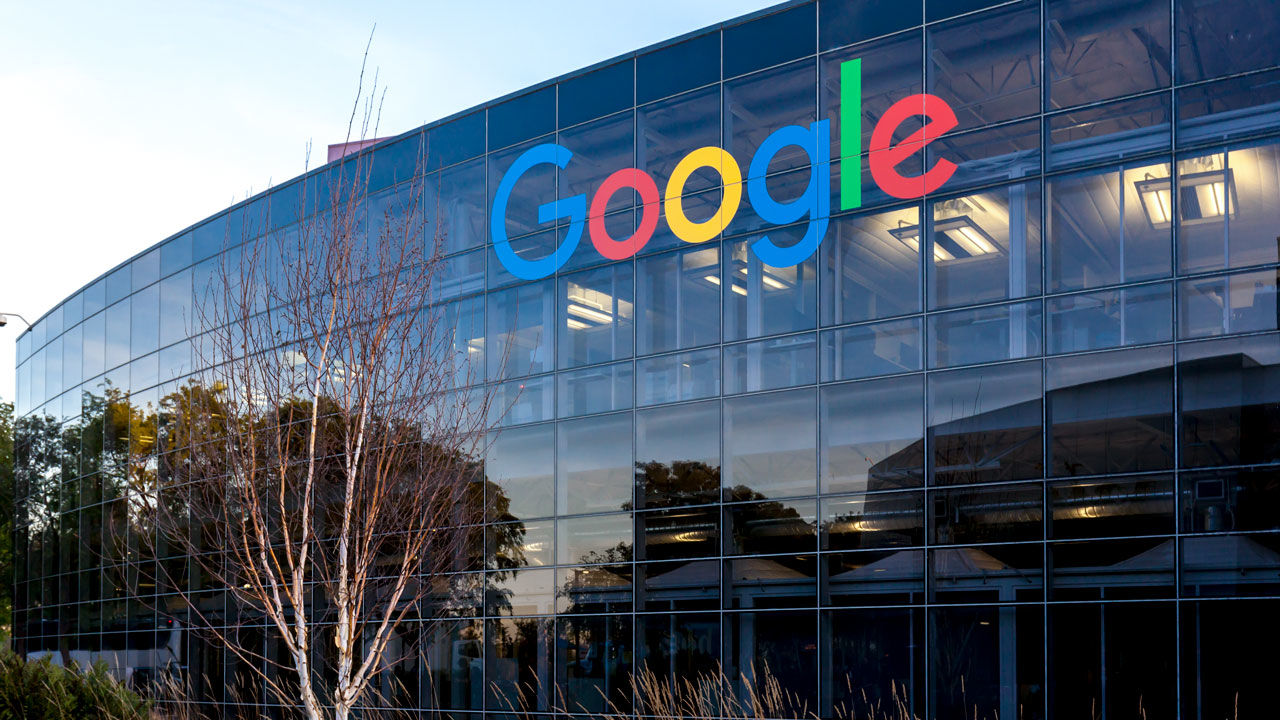Google Introduces Game-Changing Quantum Tech
10.12.2024 15:03 1 min. read Alexander Zdravkov
Google has introduced Willow, a quantum computing chip capable of solving problems in minutes that would take traditional supercomputers 10 septillion years.
Hartmut Neven, head of Google’s Quantum AI, called it a landmark achievement, particularly for its ability to reduce computational errors exponentially—a challenge researchers have tackled for decades. This milestone, termed “below threshold,” allows qubits, the building blocks of quantum computing, to scale reliably without excessive errors.
Google CEO Sundar Pichai described Willow as a step toward practical quantum computing, with potential applications in medicine, energy, and advanced technologies. Willow marks the second milestone in Google’s six-stage quantum roadmap.
Quantum advancements have raised fears about their ability to break blockchain encryption. However, experts like Kevin Rose note that cracking Bitcoin’s security would require quantum systems with millions of qubits, far beyond Willow’s current 105. Ethereum’s Vitalik Buterin has suggested strategies, such as hard forks, to mitigate future risks.
While Willow showcases impressive progress, practical quantum computing remains years away.
-
1
SoFi Returns to Crypto with Trading, Staking, and Blockchain Transfers
27.06.2025 8:00 1 min. read -
2
GENIUS Act Could Reshape Legal Battle over TerraUSD and LUNA Tokens
30.06.2025 9:00 1 min. read -
3
Whales Buy the Dip as Retail Panics: This Week in Crypto
29.06.2025 14:00 3 min. read -
4
History Shows War Panic Selling Hurts Crypto Traders
28.06.2025 18:30 3 min. read -
5
Ripple Faces Legal Setback as Court Rejects Bid to Ease Penalties
26.06.2025 16:54 1 min. read
PayPal Expands PYUSD to Arbitrum in Latest Blockchain Push
PayPal has expanded its stablecoin, PayPal USD (PYUSD), to the Arbitrum network, marking a key step in its strategy to integrate with faster, more cost-efficient blockchain infrastructure.
Citigroup Explores Launching Stablecoin as Banks Embrace Crypto Shift
Citigroup is evaluating the potential launch of its own U.S. dollar-backed stablecoin, signaling a growing shift in sentiment among traditional financial institutions toward digital assets.
JPMorgan CEO Jamie Dimon Comments Stablecoins
JPMorgan Chase CEO Jamie Dimon remains skeptical of stablecoins—but says ignoring them isn’t an option for the world’s most powerful bank.
Crypto Cycles are Evolving: Analyst Explains Why Old Patterns no Longer Work
According to crypto analyst Atlas, the traditional four-year cycle that once defined Bitcoin and altcoin market behavior is now obsolete.
-
1
SoFi Returns to Crypto with Trading, Staking, and Blockchain Transfers
27.06.2025 8:00 1 min. read -
2
GENIUS Act Could Reshape Legal Battle over TerraUSD and LUNA Tokens
30.06.2025 9:00 1 min. read -
3
Whales Buy the Dip as Retail Panics: This Week in Crypto
29.06.2025 14:00 3 min. read -
4
History Shows War Panic Selling Hurts Crypto Traders
28.06.2025 18:30 3 min. read -
5
Ripple Faces Legal Setback as Court Rejects Bid to Ease Penalties
26.06.2025 16:54 1 min. read


